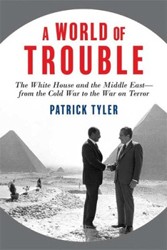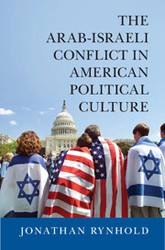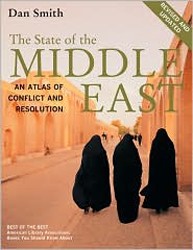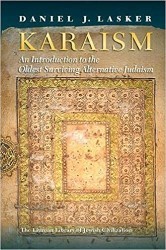Kenneth Pollack is one of the country’s leading experts on the Middle East, albeit a tarnished one. His 2002 book, The Threatening Storm, argued for the necessity of the United States to invade Iraq because he believed Saddam Hussein too aggressive in his policies to be trusted not to begin another conflict in the region. In his new book Pollack admits that he was duped by his colleagues in the intelligence community when they asserted that Saddam was reconstituting his weapons of mass destruction programs, including his nuclear weapons.
In A Path Out of the Desert Pollack again turns his expertise to the Middle East, offering his strategy for America’s role in this volatile region for the 21st century. Of particular interest is Pollack’s defense of America’s continuing support for Israel, an especially important defense given the notoriety and controversy surrounding John Mearsheimer and Stephen Walt’s 2007 book, The Israel Lobby. Among his many arguments, Pollack cites President Harry Truman’s advisor Clark Clifford who wrote, in opposition to both the State Department and the Department of Defense recommendations not to recognize the new Jewish state, “…In an area as unstable as the Middle East, where there is not now and never has been any tradition of democratic government, it is important for the long range security of our country…that a nation committed to the democratic system be established there…The new Jewish state can be such a place. We should strengthen it in its infancy by prompt recognition.” Pollack argues that what was true then, is true today. Pollack further states, that the State of Israel is not only the only true democracy in the Middle East but is also our only dependable ally in this volatile region.
In addition to the political and moral reasons Pollack offers for American support for Israel, he lists six reasons why it is also important for the U.S. to get involved in bringing about a realistic peace between Israel and the Palestinians. In benefiting both people, states Pollack, a real peace would not only ensure the security and existence of Israel as the only democracy in the Middle East, but it would also remove the conflict as a source of international strife. (Pollack may be on to something; high level Iranian officials, for example, have recently stated that in regard to the Israeli-Palestinian conflict, they would accept whatever terms the Palestinian people settle for in a peace agreement with Israel.)
Second, peace between the Palestinians and Israel also means peace with the Arabs, thus removing a source of tension in the region that can still threaten war, for example, a possible war between Israel and Syria, and certainly it would undermine the influence of al-Qa’ida in the region, as exemplified by its recent support for the cause of the Palestinians.
Third, Pollack argues an Arab-Israeli peace would eliminate the ability of Arab leaders to use the conflict as an excuse not to engage in vital reform that their societies so badly need.
Fourth, peace between both sides would relieve the U.S. of having to choose between supporting our Israeli ally, or being popular in the Arab world.
Finally, peace between Israel and the Palestinians would dramatically reduce the incidents of terrorist attacks against America, although support for Israel is not the only reason for the anger toward the U.S. Pollack argues, “…to the extent that such anger can be mitigated by an Israeli-Palestinian peace treaty, it can only help diminish support for the Salafists (Muslim fundamentalists), even if this alone does not lead to their ultimate eclipse.”
Pollack concludes his important book by asking whether the U.S. is willing to help the Middle East down the road to peace. If so, then the U.S. must brace itself for the region to remain one of our biggest foreign policy headaches for the first half of this century. If we are not, states Pollack, “we had better be ready for the Middle East to remain one of our biggest foreign headaches for all of it.”





